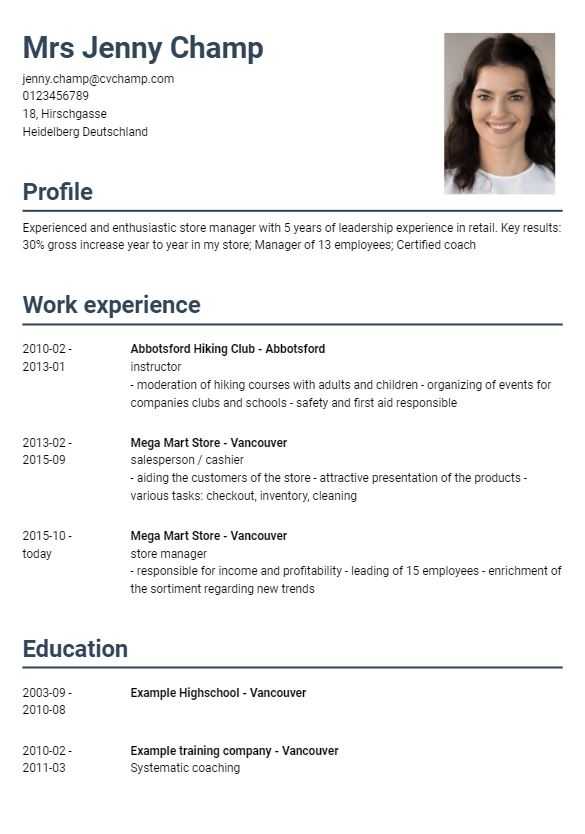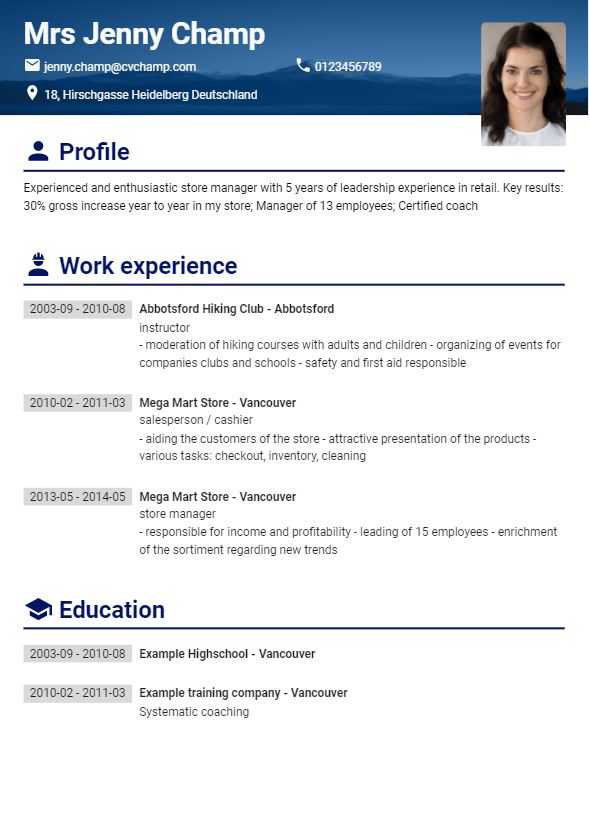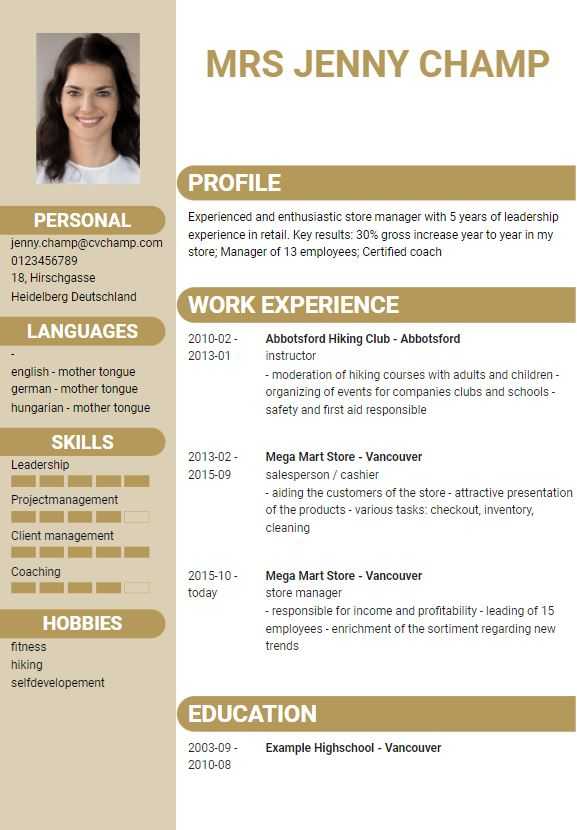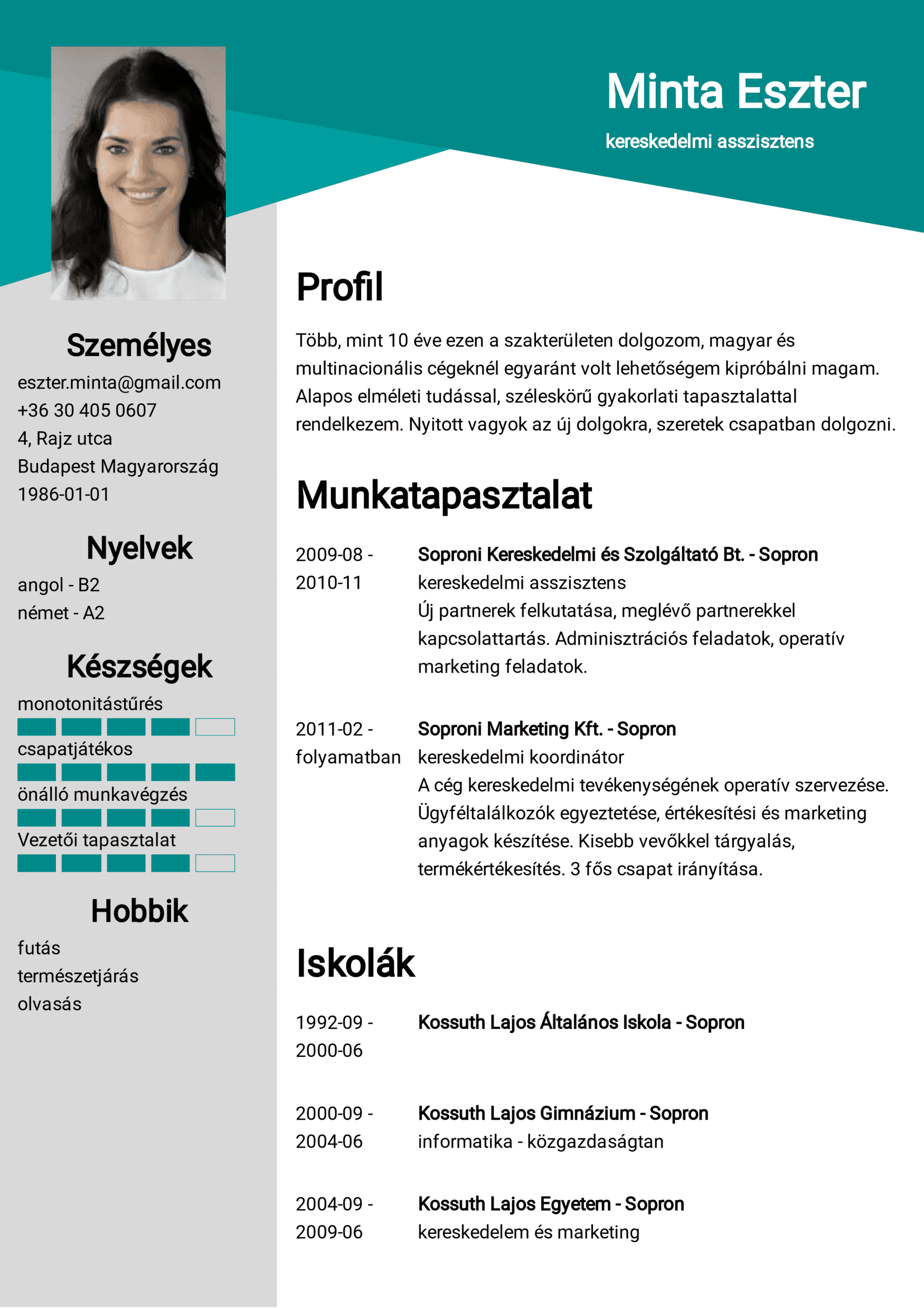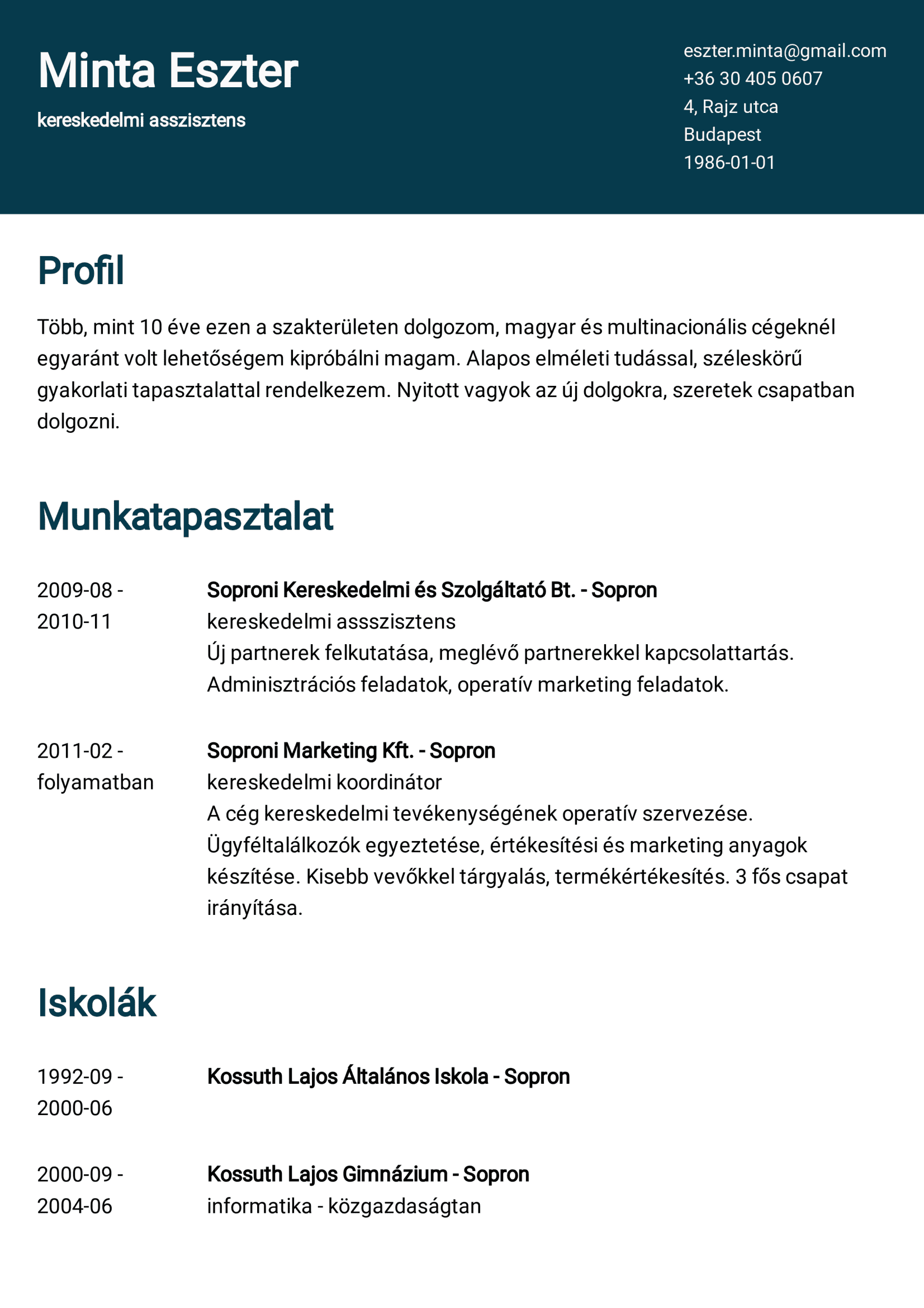

Education and Certifications - How to Present them on Your Resume
When creating a resume, showcasing your education and certifications is crucial, as these elements can significantly boost your chances of landing your dream job. This article will guide you through the best practices for highlighting these achievements. Whether you're a recent graduate, a seasoned professional with multiple certifications, or somewhere in between, understanding how to present your educational background and certifications can make a big difference. We'll provide tips to help you structure this section of your resume effectively, ensuring that potential employers see the best of what you have to offer.
Value of Education and Certifications in Your Resume
Your resume is your personal story of professional growth and potential. The education and certifications section is more than just a list; it's a powerful part of your story that tells employers about your knowledge, dedication, and eagerness to evolve. Let's break it down into two key parts: your educational background and your pursuit of certifications.
Education: Building Your Professional Foundation
The education section of your resume is where you lay the groundwork. It's not just about where you went to school or what you studied. It shows employers the starting point of your professional journey. By listing your degrees, majors, and important coursework, you tell your potential employer, "This is where my understanding of the field begins." This section proves that you have the basic knowledge needed to understand and grow within your field.

Certifications: Demonstrating Your Initiative and Eagerness to Learn
While your education sets the foundation, your certifications show you're building on it. Certifications are your way of saying, "I'm not just sticking to what I learned in school; I'm staying updated and getting better." This part of your resume shows your willingness to put in extra effort, learn new things, and stay relevant in a fast-changing world. Each certification demonstrates your commitment to your profession and proactive career growth approach.
Together, your education and certifications paint a picture of a candidate who is equipped with the essential tools and keen on refining them and acquiring new ones. They show you are a lifelong learner, ready to adapt and thrive in the dynamic professional landscape.
When to Emphasize Education in Your Resume
Deciding when to give more details about your education in your resume can be like deciding what to wear to an interview. You want to make sure it's just suitable for the situation. Here are some times when it's a good idea to go into more detail about your educational background:
You're a Recent Graduate: If you've recently graduated, your education is one of your strongest points. You might have little work experience, so your degree, courses, and school projects or activities can take center stage. Feel free to talk about key projects, special courses, and any honors you received.
Your Degree is Directly Relevant to the Job: If you're applying for a job that specifically asks for a specific educational background, detail your relevant coursework, research, or academic achievements. This shows the employer that you're not just a fit but a perfect match.
You're Changing Careers: If you're shifting career paths, the education section of your resume is critical. It serves as concrete evidence of your dedication to the new field. Here's how to make it count:

-
Highlight Relevant Education and Training: List any courses, degrees, or certifications relevant to the new industry. This isn't just about showing you've studied; it's about proving you have the specific knowledge the new field demands.
-
Focus on Applicable Skills: Beyond the names of courses or programs, describe the skills and knowledge you gained that directly apply to your new career. This can include technical skills, specialized knowledge, or relevant project work.
-
Connect Past Experiences to the New Field: Even if your previous career differed, your past educational experiences might still be relevant. Find the connection points and highlight how your past learning supports your new career direction.
Remember, the key is relevance. Share details about your education to help employers understand why you're an excellent fit for the job.
Deciding Where to Place Education on Your Resume
Deciding where to place the education section on your resume can significantly influence how a potential employer views your application. For recent graduates or those with limited work experience, the education section should be placed near the top of the resume, immediately following your contact information and a brief introduction or objective statement. This positioning highlights your academic achievements and relevant coursework or projects, likely your strongest assets at this stage in your career.
For experienced professionals, the education section typically comes after the work experience section. Your practical experience, skills, and professional achievements are your main selling points at this point in your career. However, your education is still valuable, especially if it's highly relevant to the position you're applying for.
How to List Your Educational Background
Structure and clarity are key when detailing your educational background on your resume. Begin with your most recent or highest level of education, moving backward chronologically. For each entry, include the name of the institution, the location (city and state), degree, and field of study. Dates are important, so add the month and year of your graduation. If you're currently enrolled, indicate your expected graduation date instead.
For recent graduates, it's beneficial to provide more detail. Mention relevant coursework, thesis work, or major projects, especially if they demonstrate skills or knowledge applicable to the job you're targeting. This gives potential employers insight into your academic focus and expertise. Regarding your GPA and academic honors, the decision to include them should be strategic. A high GPA can show your work ethic and intelligence, particularly if you're a recent graduate with less work experience. Similarly, academic honors like cum laude distinctions serve to highlight your dedication and capability.
However, as your career progresses, the weight of your academic achievements compared to your professional experiences shifts. If you have several years of relevant work experience, including your GPA may no longer be necessary. You can better utililze the space on your resume to detail your professional accomplishments and skills.
Always tailor the education section of your resume to your situation and the job you're applying for. If the job emphasizes educational requirements or specific academic achievements, ensure those are prominently displayed in your resume. In every case, the goal is to present your educational background in a way that best supports your candidacy for the position you desire.
Other notable aspects
International education or study abroad experience
If you have international education or study abroad experience, highlight it, as it demonstrates your exposure to diverse cultures and adaptability to different environments. List the institution, location, and focus of your studies, underscoring any unique skills or perspectives gained.
Postgraduate studies
For postgraduate, professional, and Ph.D. degrees, include the degree title, the institution, and the year of completion. Mention the title of your thesis or project and a concise description of your research or the project's goal. This highlights your advanced knowledge and demonstrates your ability to research. Remember, the goal is to present your advanced education as a strong asset, aligning your academic accomplishments with the potential employer's needs.
Common mistakes to avoid
When crafting the education section of your resume, clear-cutting certain common mistakes can significantly affect how a potential employer perceives your qualifications.
Outdated information
One frequent error is including outdated information. This might mean listing high school achievements for those well into their professional journey or mentioning every course ever taken. Focus on recent, relevant educational experiences, especially those that align closely with the job you're aiming for.
Overemphasizing education
For seasoned professionals, overemphasizing education can detract from the impact of your work experience. Your professional achievements, skills, and career progression should take center stage. The education section should complement, not overshadow, this information. Include only those degrees, certifications, or courses that add value to your profile for the specific role you're targeting.

Irrelevant courses
Another pitfall is listing irrelevant courses or achievements that don't add value to your candidacy. Every item in your education section should serve a purpose, showcasing your qualifications and readiness for the position. Irrelevant or outdated information can clutter your resume, making it harder for employers to spot important details.
Inaccuracies or typos
Lastly, be wary of inaccuracies or typos, especially regarding your educational background. Double-check the spelling of your institution's name, your degree title, and graduation dates. Misinformation, intentional or unintentional, can be a red flag for employers and might put your credibility into question.
By avoiding these common mistakes and presenting a clear, relevant, and accurate portrayal of your educational background, your resume will reflect your qualifications, making a positive impression on potential employers.













